Home > Organic Garden

Organic Garden at SeaFort Beach Resort
Explore the breathtaking landscapes, historic forts, and cultural gems surrounding SeaFort Beach Resort. From serene temples to thrilling adventures, every destination promises an enriching experience.
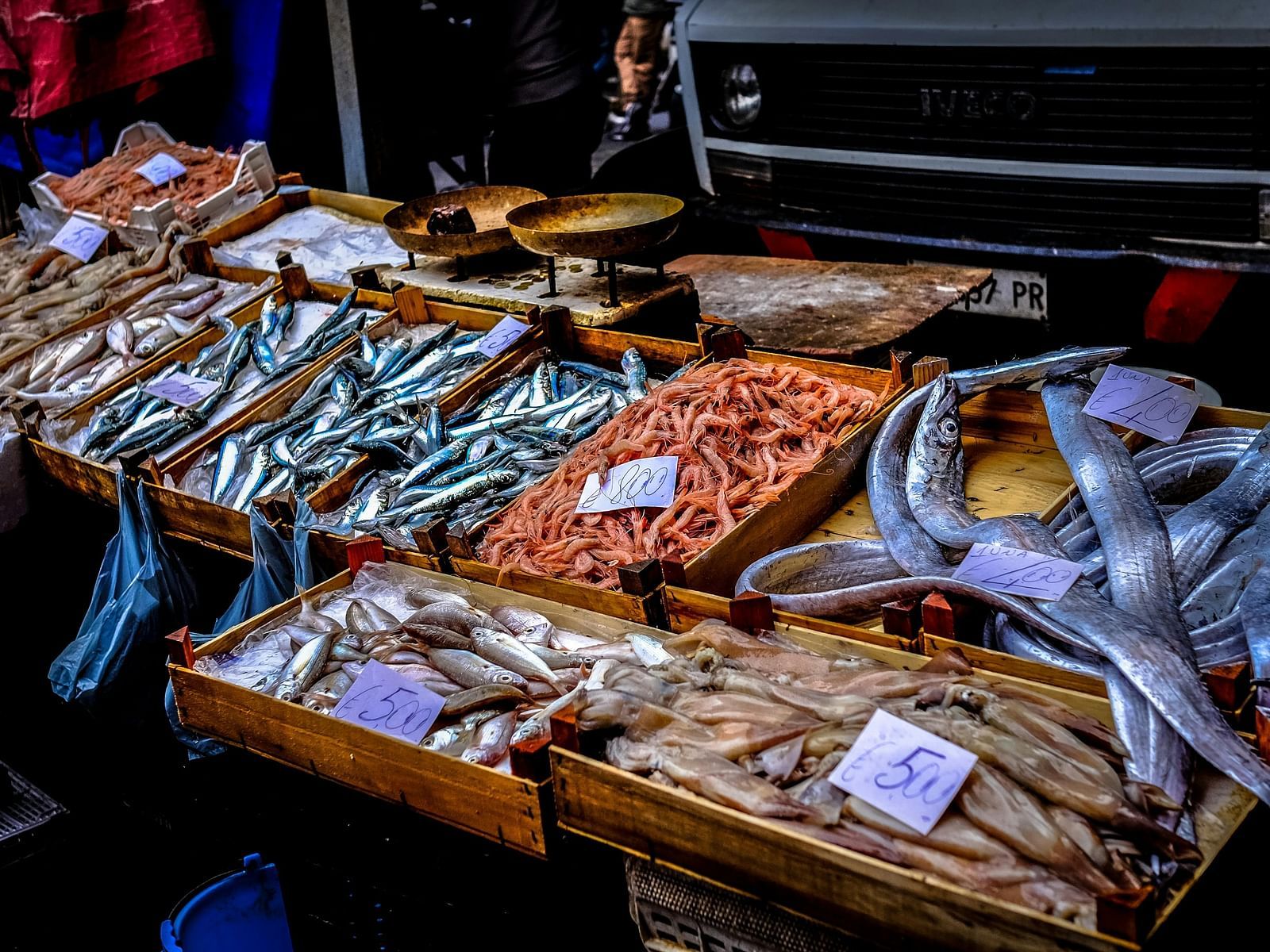
Harnai Fish Market
Distance from SeaFort Beach Resort: 6 km
Timing: 3:00 PM to 6:00 PM
The Harnai Fish Market is renowned for its fresh seafood auctions, offering a vibrant experience where visitors can purchase a variety of fish directly from local fishermen.
Suvarnadurg Fort
Distance from SeaFort Beach Resort: 8 km
Timing:9:00 AM to 6:00 PM
Suvarnadurg Fort is a historic sea fort that played a significant role in Maratha naval history. Visitors can explore its ancient ramparts and enjoy panoramic sea views.
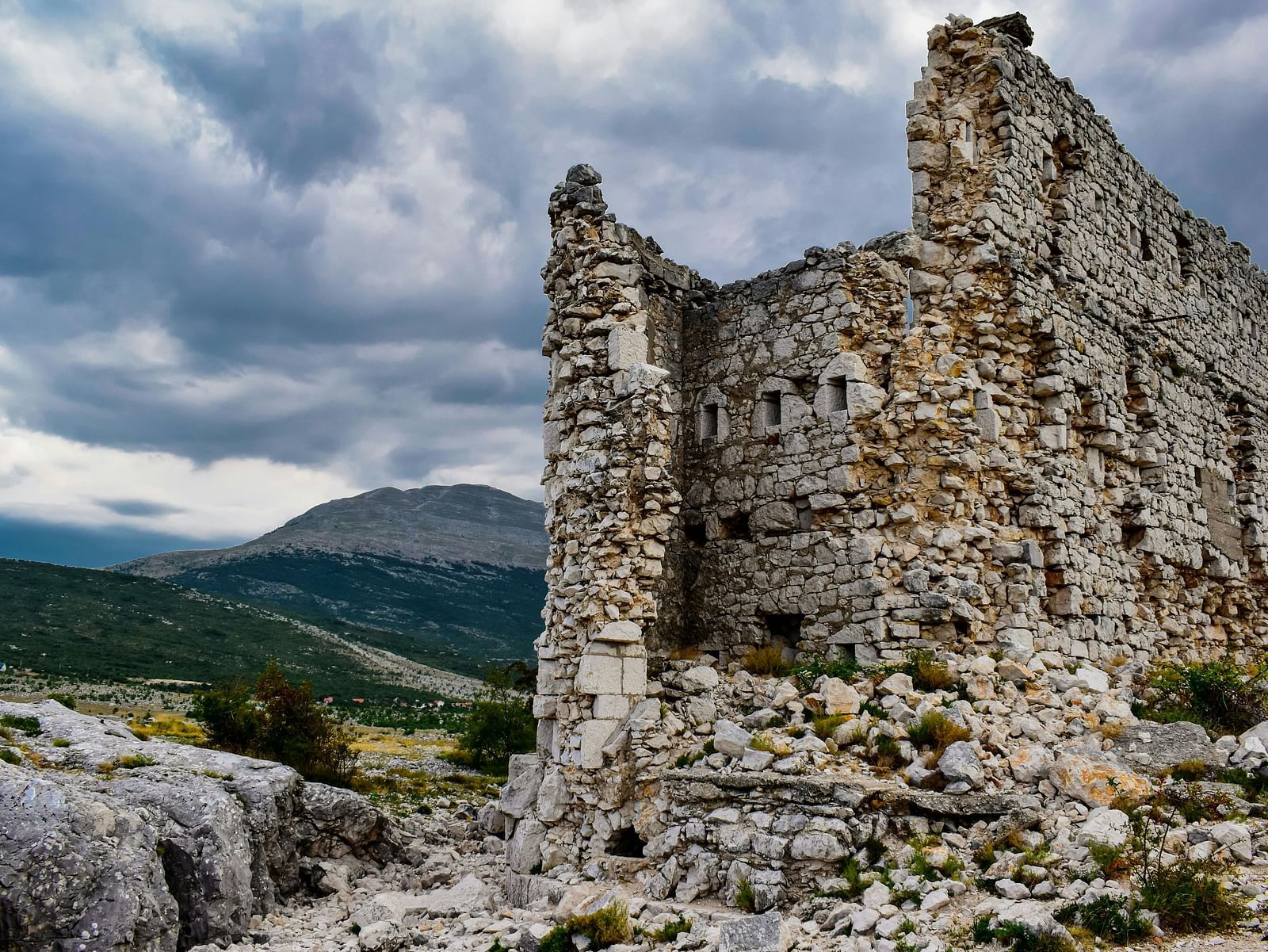
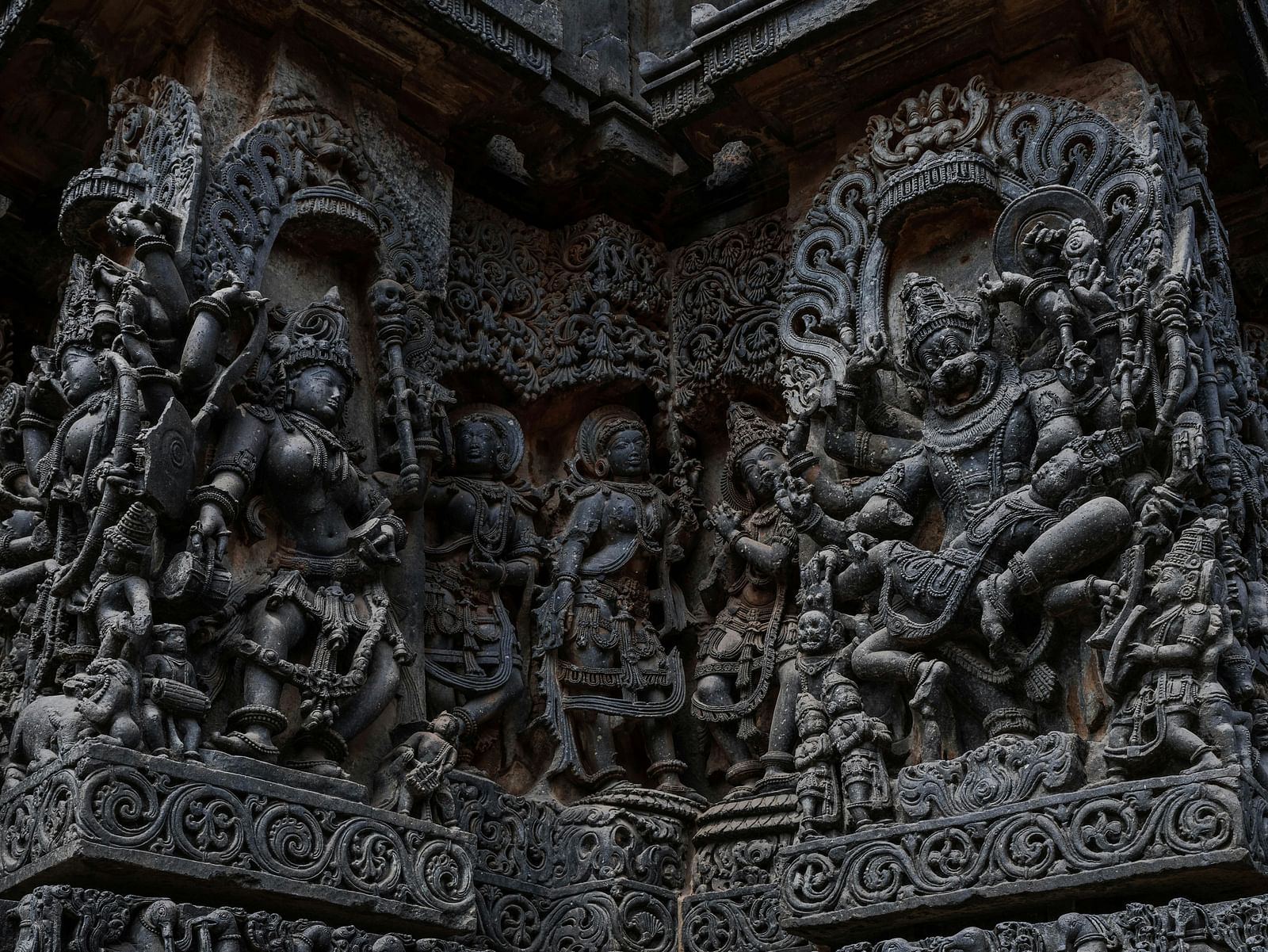
Kadyavarcha Ganpati Temple
Distance from SeaFort Beach Resort: 19 km
Timing:7:00 AM to 7:00 PM
This hilltop temple dedicated to Lord Ganesha offers stunning views of the surrounding landscapes and the Arabian Sea. It's a serene spot for both devotees and tourists.
Unhavare Hot Water Spring
Distance from SeaFort Beach Resort: 42 km
Timing:24-hour
Unhavare is known for its natural hot springs, which are believed to have therapeutic properties. Visitors can unwind in these warm waters amidst a tranquil setting.
Timing:24-hour
Unhavare is known for its natural hot springs, which are believed to have therapeutic properties. Visitors can unwind in these warm waters amidst a tranquil setting.
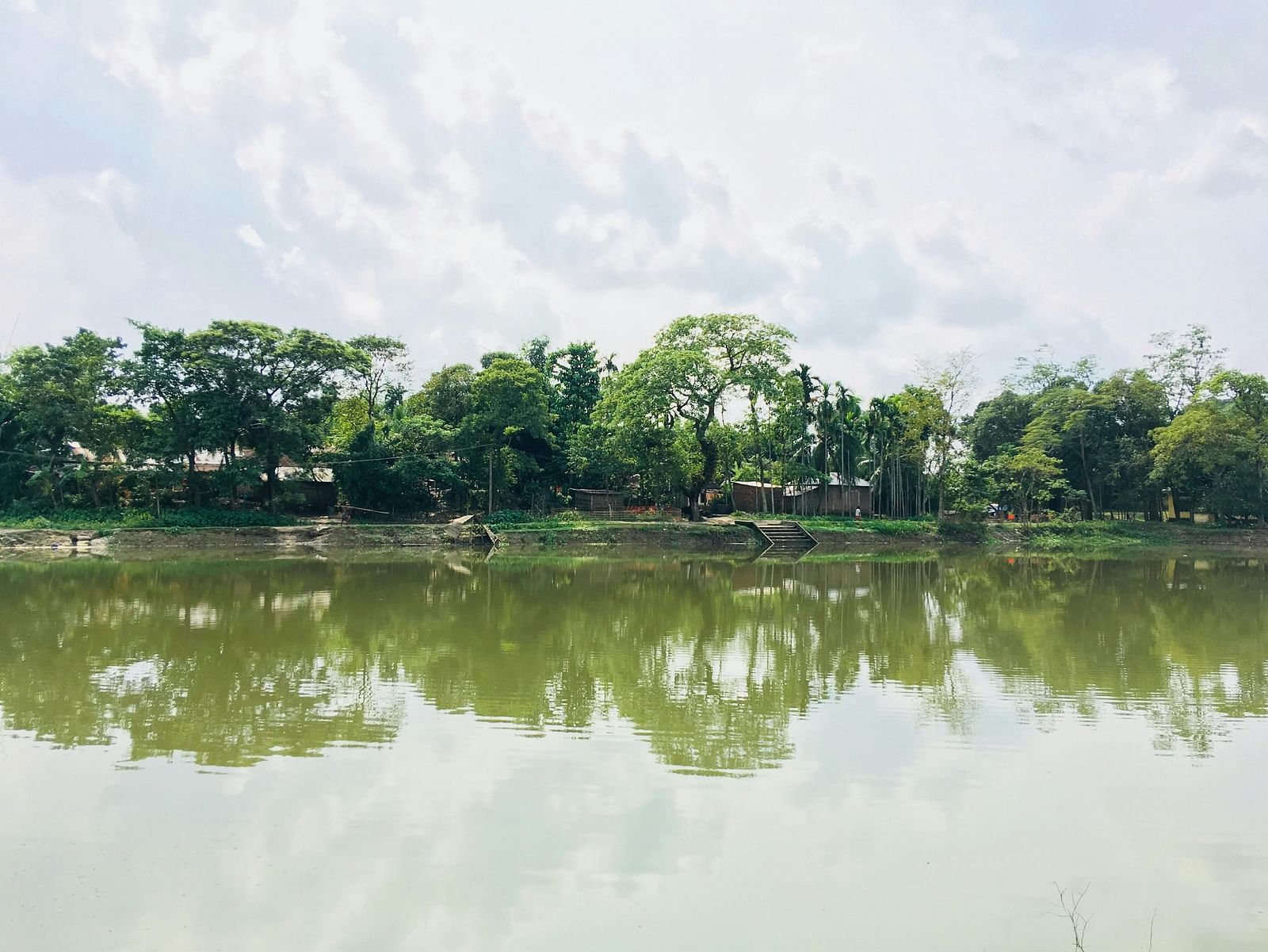
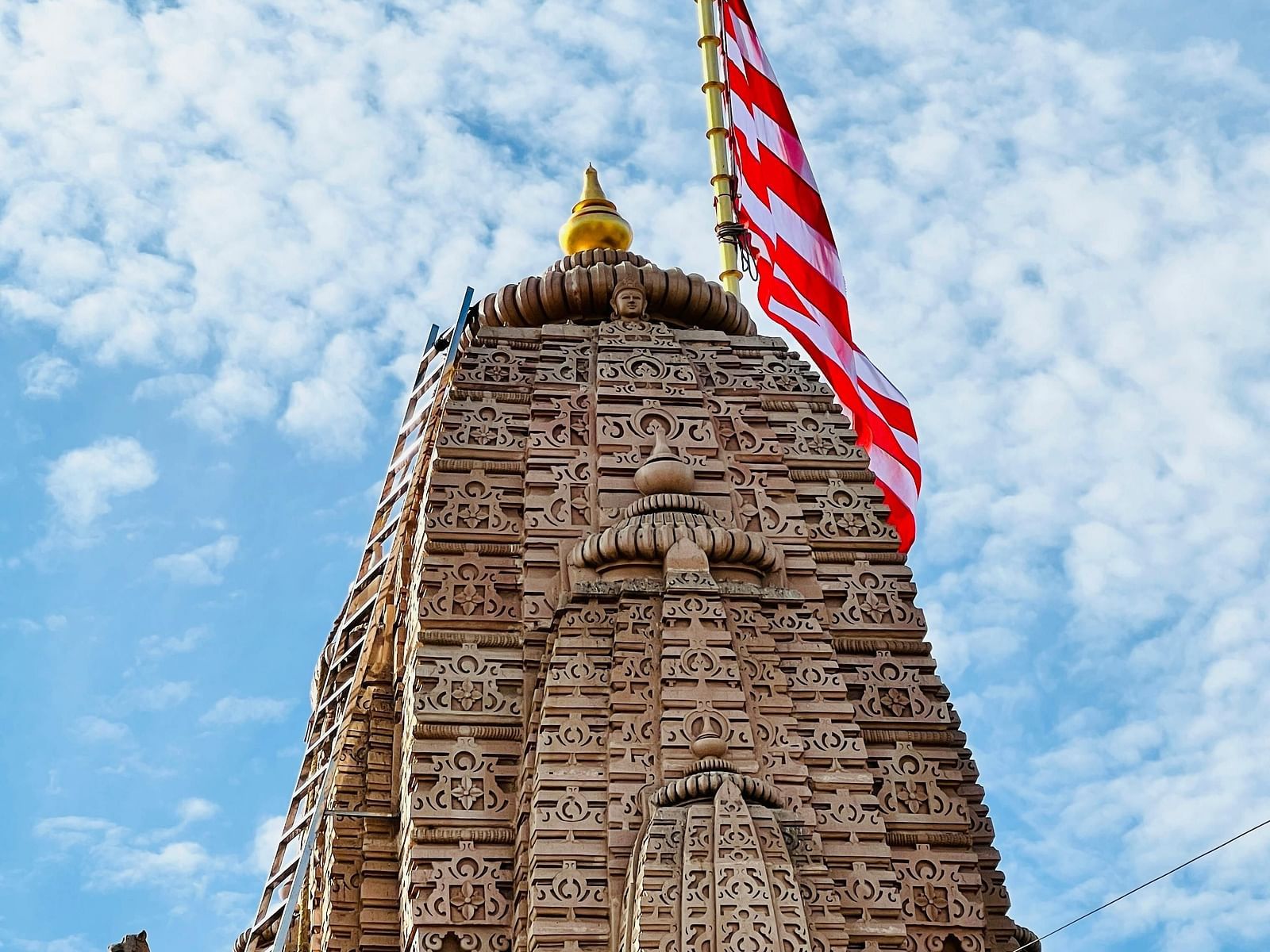
Shree Keshavraj Mandir
Distance from SeaFort Beach Resort: 6 km
Timing:24-hour
Nestled amidst lush greenery, the Keshavraj Temple is dedicated to Lord Vishnu. The trek to the temple, passing through coconut and betel nut plantations, is a highlight for nature enthusiasts.
Timing:24-hour
Nestled amidst lush greenery, the Keshavraj Temple is dedicated to Lord Vishnu. The trek to the temple, passing through coconut and betel nut plantations, is a highlight for nature enthusiasts.
Parshuram Bhumi
Distance from SeaFort Beach Resort: 23 km
Timing:9:00 AM to 6:00 PM
Parshuram Bhumi features a grand statue of Lord Parshuram standing atop a globe, symbolising his dominion over the earth. The site offers panoramic views of the surrounding region.
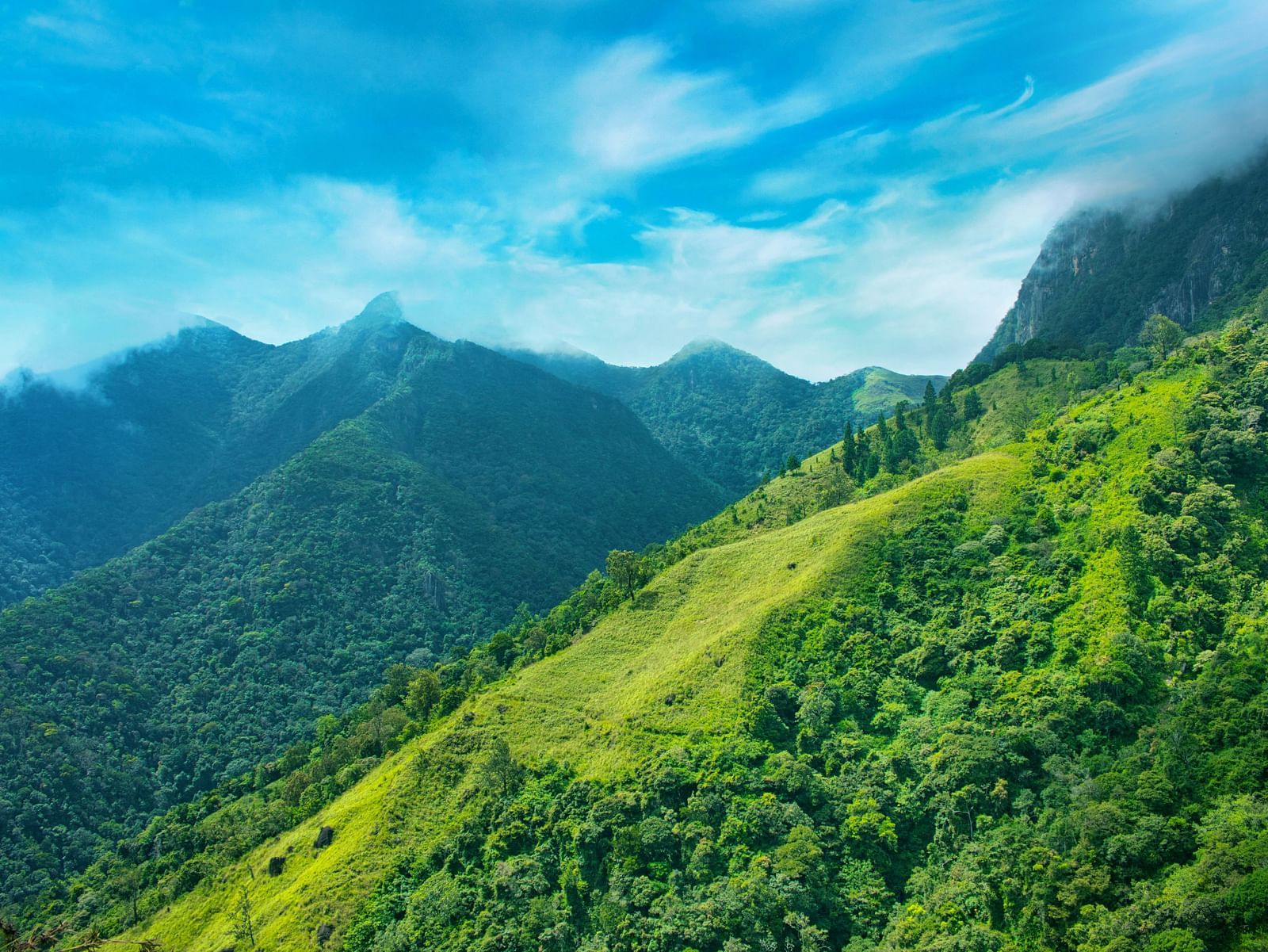
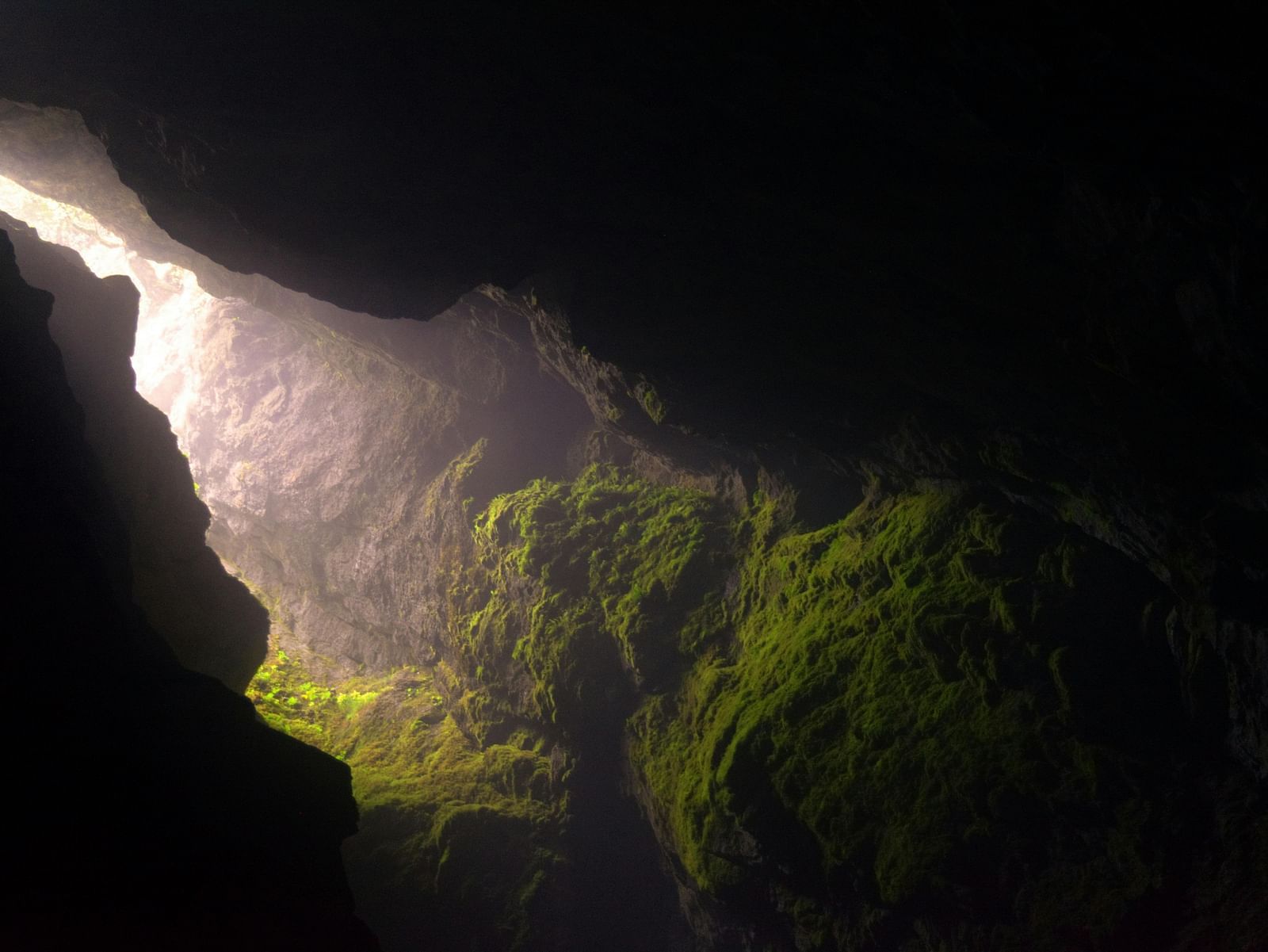
Panhaledurga Caves
Distance from SeaFort Beach Resort: 32 km
Timing: 8:00 AM to 7:00 PM
These ancient rock-cut caves date back to the third century and feature intricate carvings and sculptures, reflecting both Buddhist and Hindu influences.
Timing: 8:00 AM to 7:00 PM
These ancient rock-cut caves date back to the third century and feature intricate carvings and sculptures, reflecting both Buddhist and Hindu influences.
Chandika Devi Temple
Distance from SeaFort Beach Resort: 29 km
Timing:7:00 AM to 5:00 PM
Situated within a cave, the Chandika Devi Temple is a revered site, drawing both devotees and tourists for its unique setting and spiritual ambience.
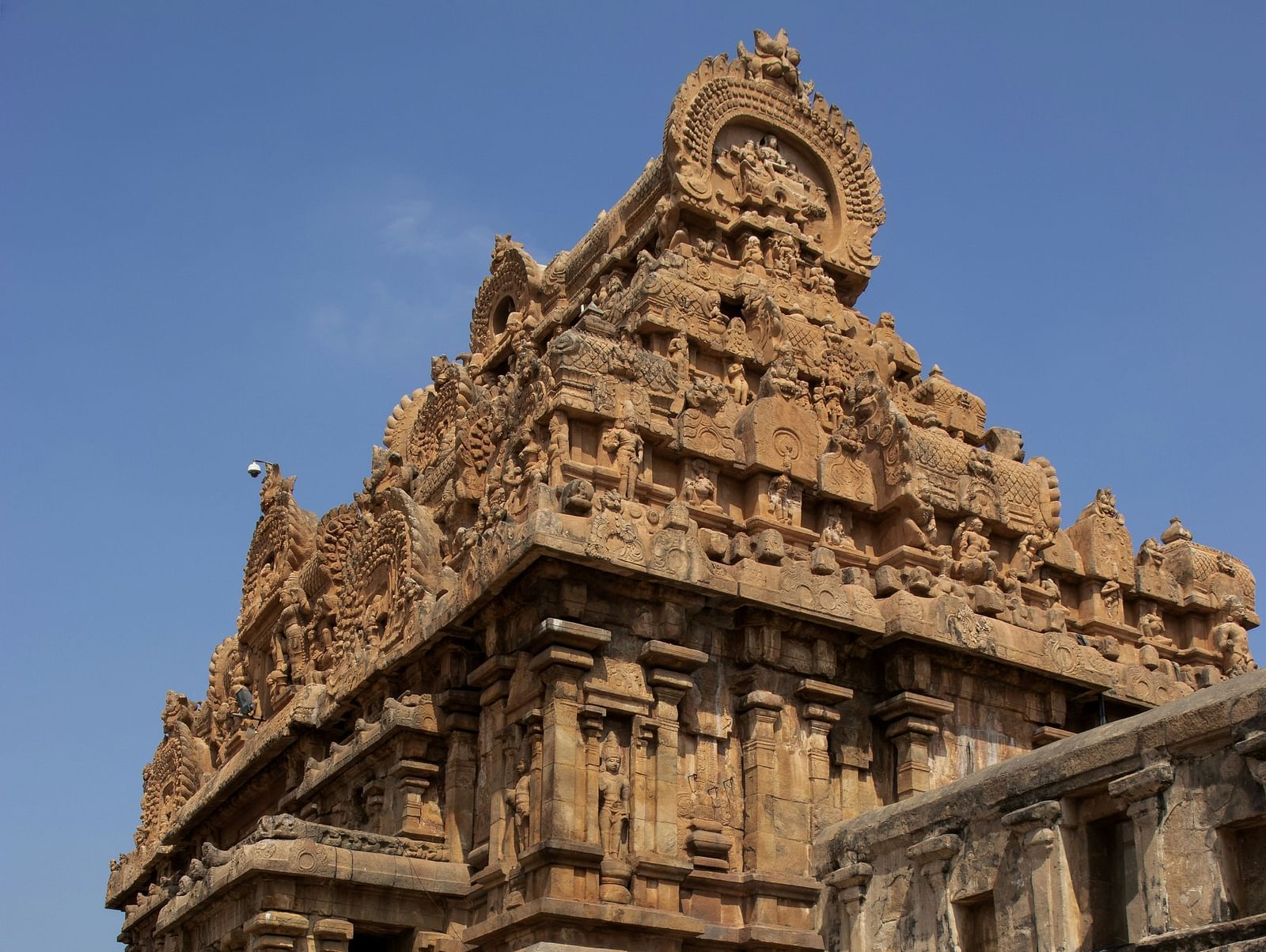
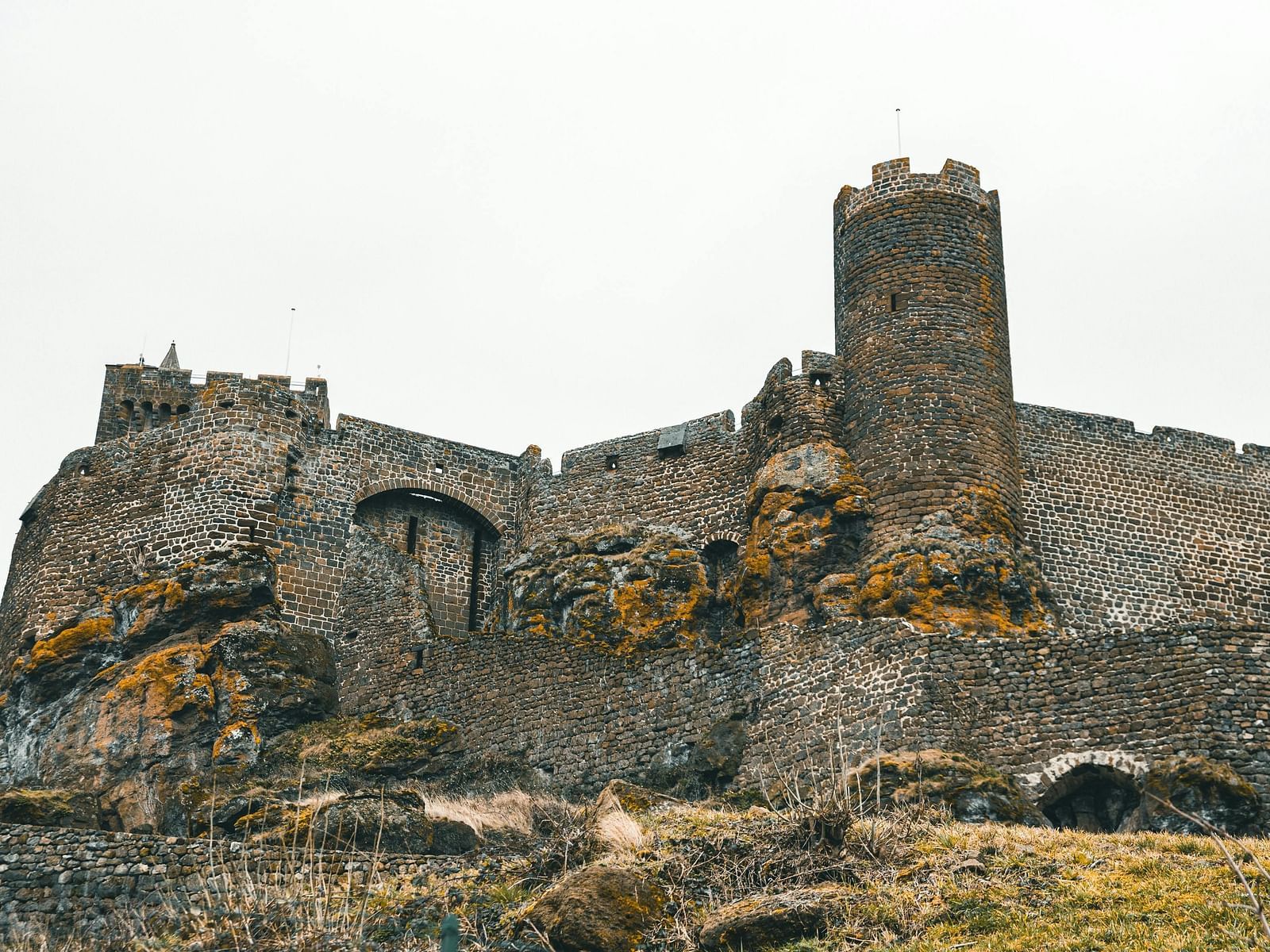
Himmatgad Fort
Distance from SeaFort Beach Resort: 52 km
Timing:24-hour
Himmatgad Fort, also known as Bankot Fort or Fort Victoria, is a historic fortification that once guarded the trade route along the Savitri River. Visitors can explore its ruins and take in views of the river and surrounding landscapes.
Bankot Fort (Himmatgad Fort)
Distance From MSeaFort Beach Resort: 23 km
Timing: 8:00 am to 6:00 pm
Bankot Fort, also known as Himmatgad or Fort Victoria, is a historic fortification that once guarded the trade route along the Savitri River. Visitors can explore its remnants and enjoy views of the river and surrounding landscapes.
Timing: 8:00 am to 6:00 pm
Bankot Fort, also known as Himmatgad or Fort Victoria, is a historic fortification that once guarded the trade route along the Savitri River. Visitors can explore its remnants and enjoy views of the river and surrounding landscapes.
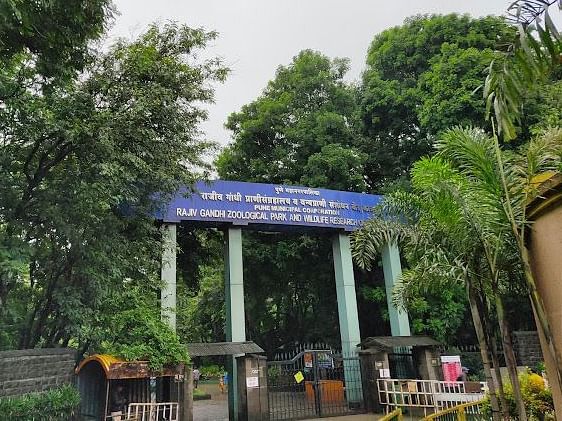
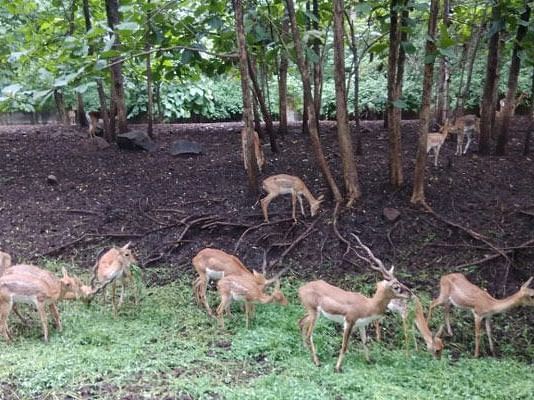
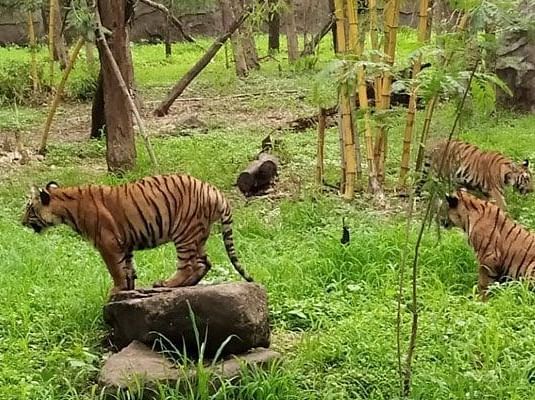
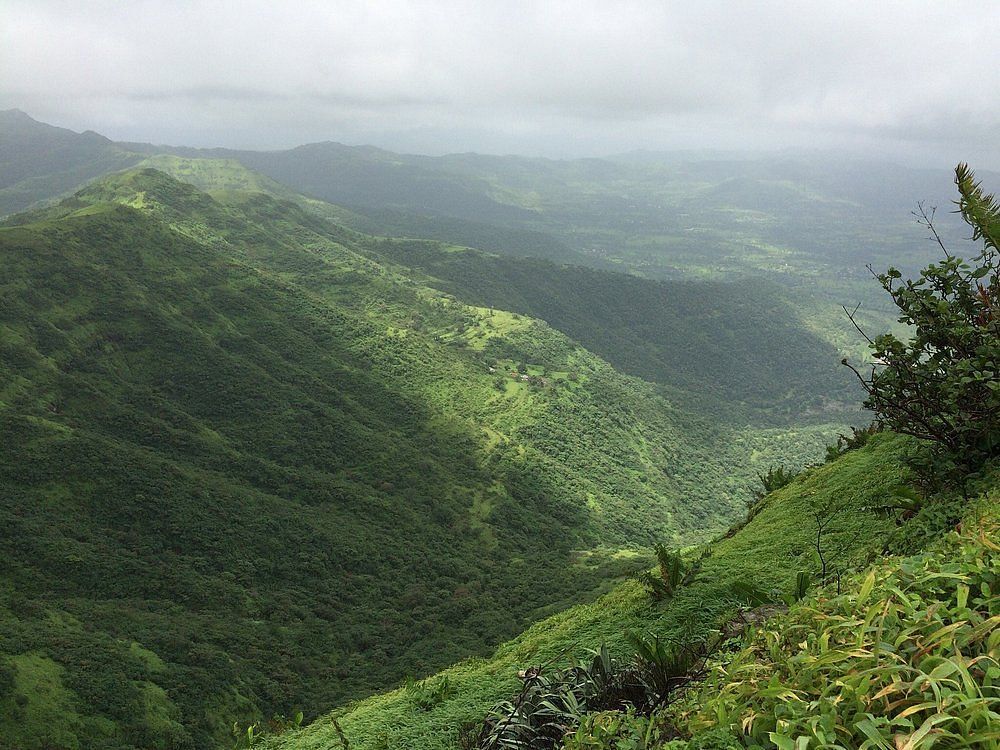
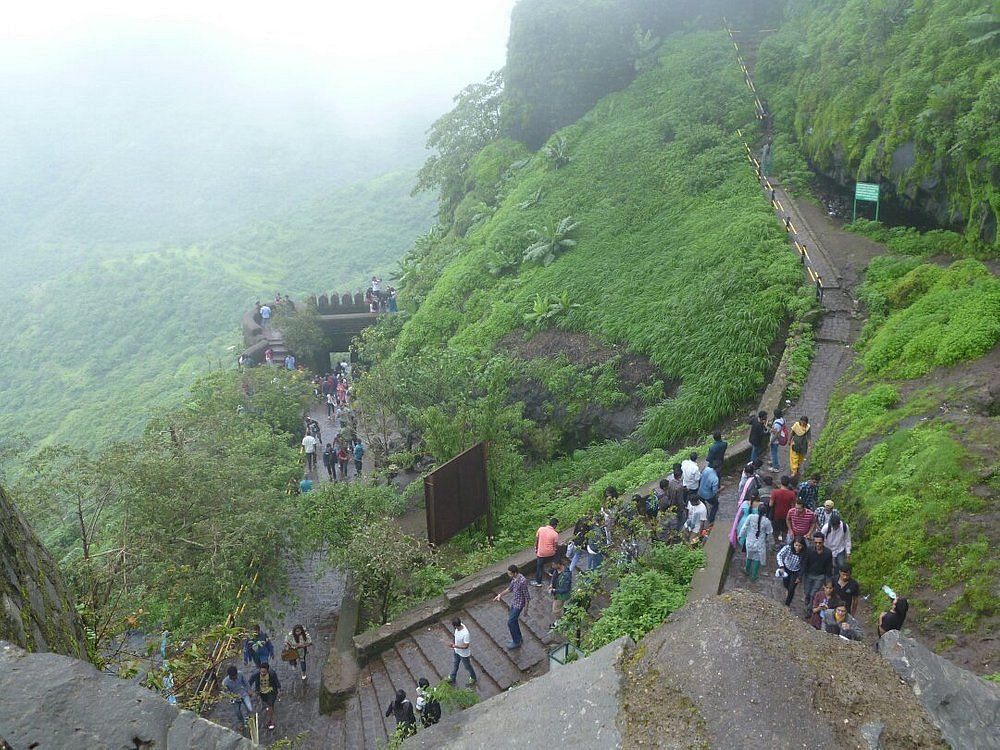
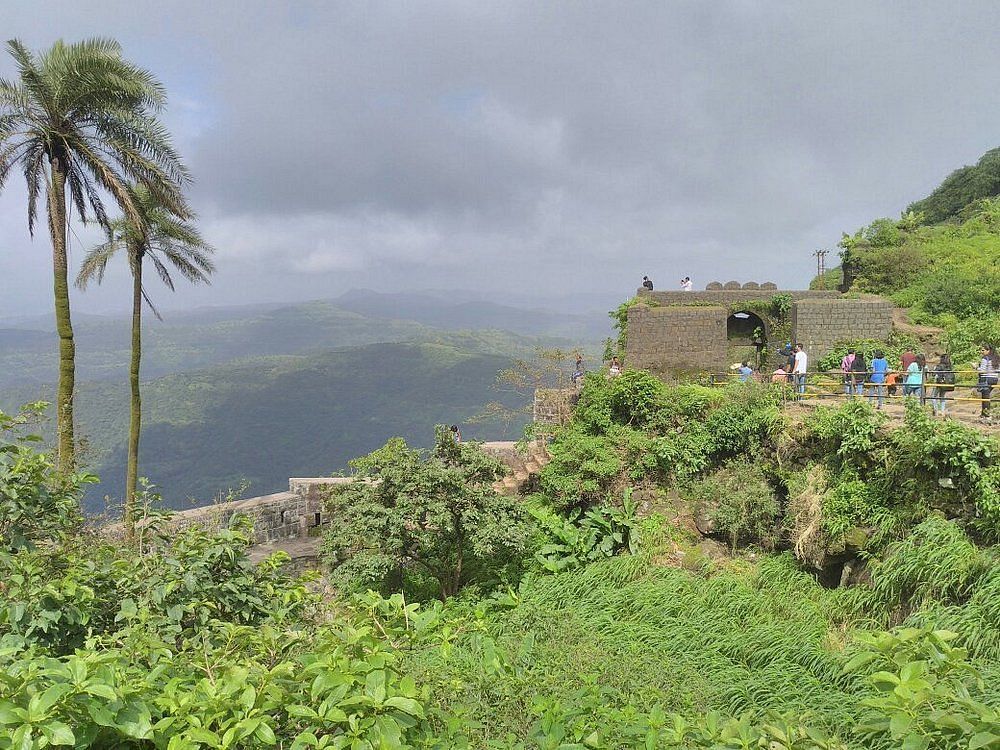
Phansad Wildlife Sanctuary
Distance From MSeaFort Beach Resort: 23 km
Timing: 6:00 am to 6:00 pm
Phansad Wildlife Sanctuary is a haven for nature lovers, offering a mix of coastal woodland ecosystems. It's home to diverse flora and fauna, including the Indian giant squirrel and over 200 bird species.
Timing: 6:00 am to 6:00 pm
Phansad Wildlife Sanctuary is a haven for nature lovers, offering a mix of coastal woodland ecosystems. It's home to diverse flora and fauna, including the Indian giant squirrel and over 200 bird species.
With a perfect blend of history, nature, and adventure, the attractions near SeaFort Beach Resort offer something for every traveller. Whether you are seeking tranquillity or exploration, these destinations ensure an unforgettable journey.
Strophanthus Gratus
Strophanthus Gratus, also known as climbing oleander or cream fruit, is a woody liana from tropical Africa and Asia. It can grow up to 25 metres with a slender trunk. Traditionally, its seeds were used to extract ouabain, a compound once used to treat heart failure. However, due to potential toxicity, it is no longer widely used in modern medicine. Some species of Strophanthus were also used as arrow poison.
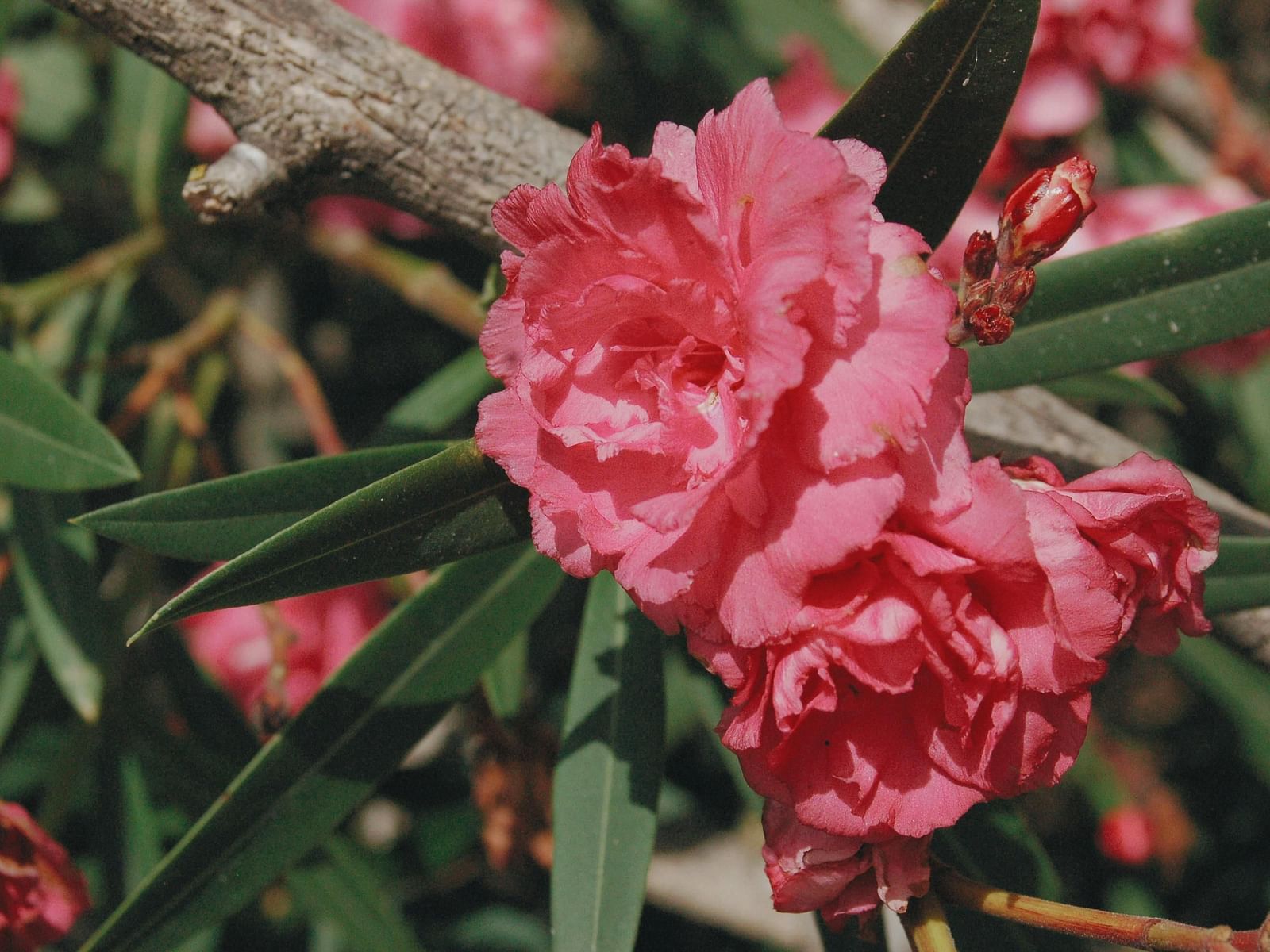
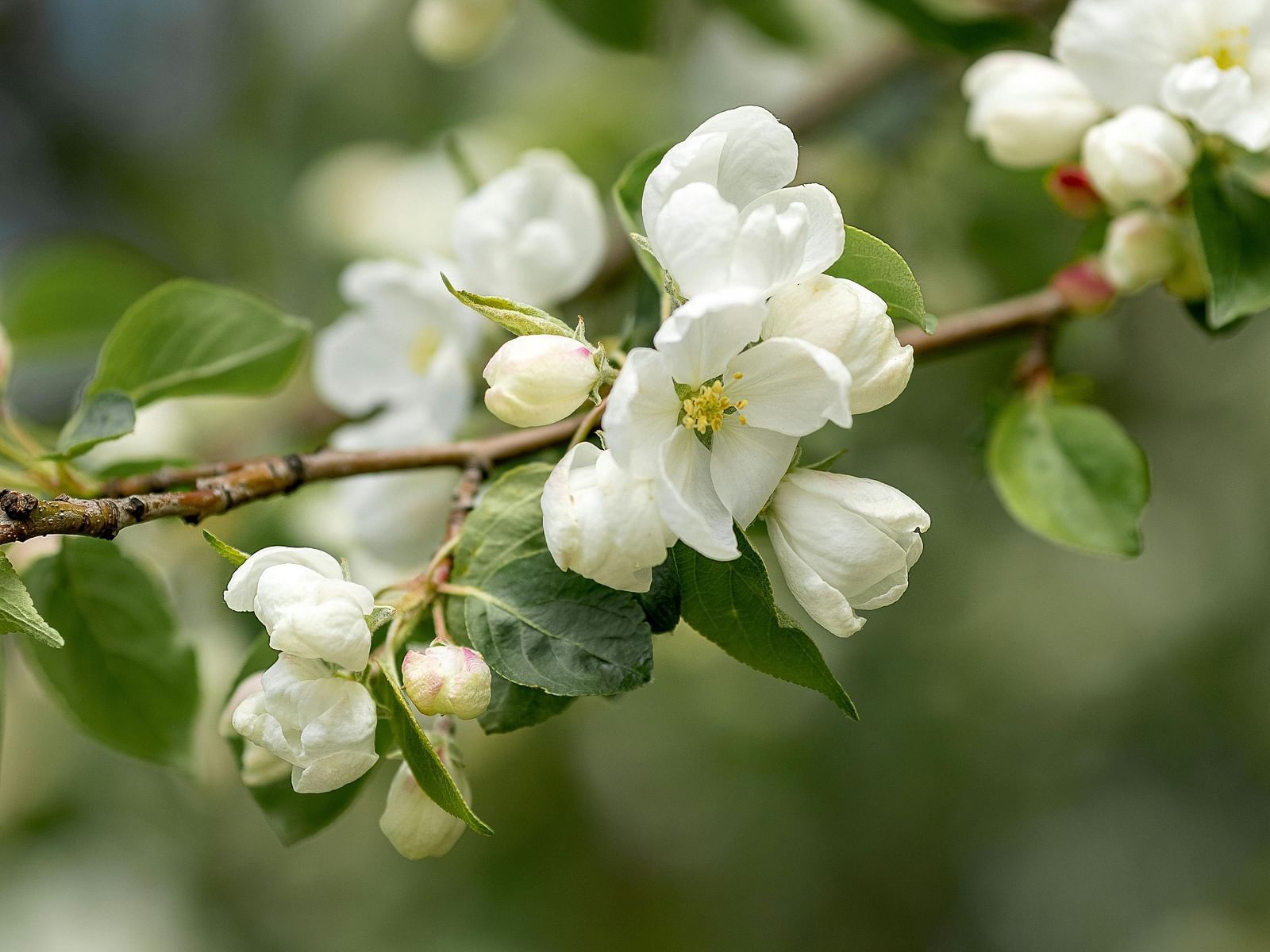
Jasmine
Jasmine is a fragrant flowering plant with white, yellow, or pink blossoms, often arranged in clusters. Its flowers are tubular with four to nine petals, creating a delicate, pinwheel-like appearance. Jasmine plants can be deciduous or evergreen shrubs and vines, native to tropical and subtropical regions. Used in medicine, aromatherapy, and tea-making, jasmine is cherished for its soothing fragrance and therapeutic properties.
Senna Multiglandulosa
Senna Multiglandulosa is a shrub native to Mexico, Guatemala, and parts of South America, growing up to 4 metres tall with woolly stems. Its leaves display a circadian rhythm, closing at night and opening at dawn. Known for its medicinal properties, Senna is traditionally used as a powerful laxative in Ayurveda. The plant is part of a larger genus with species such as Indian Senna and Alexandrian Senna.
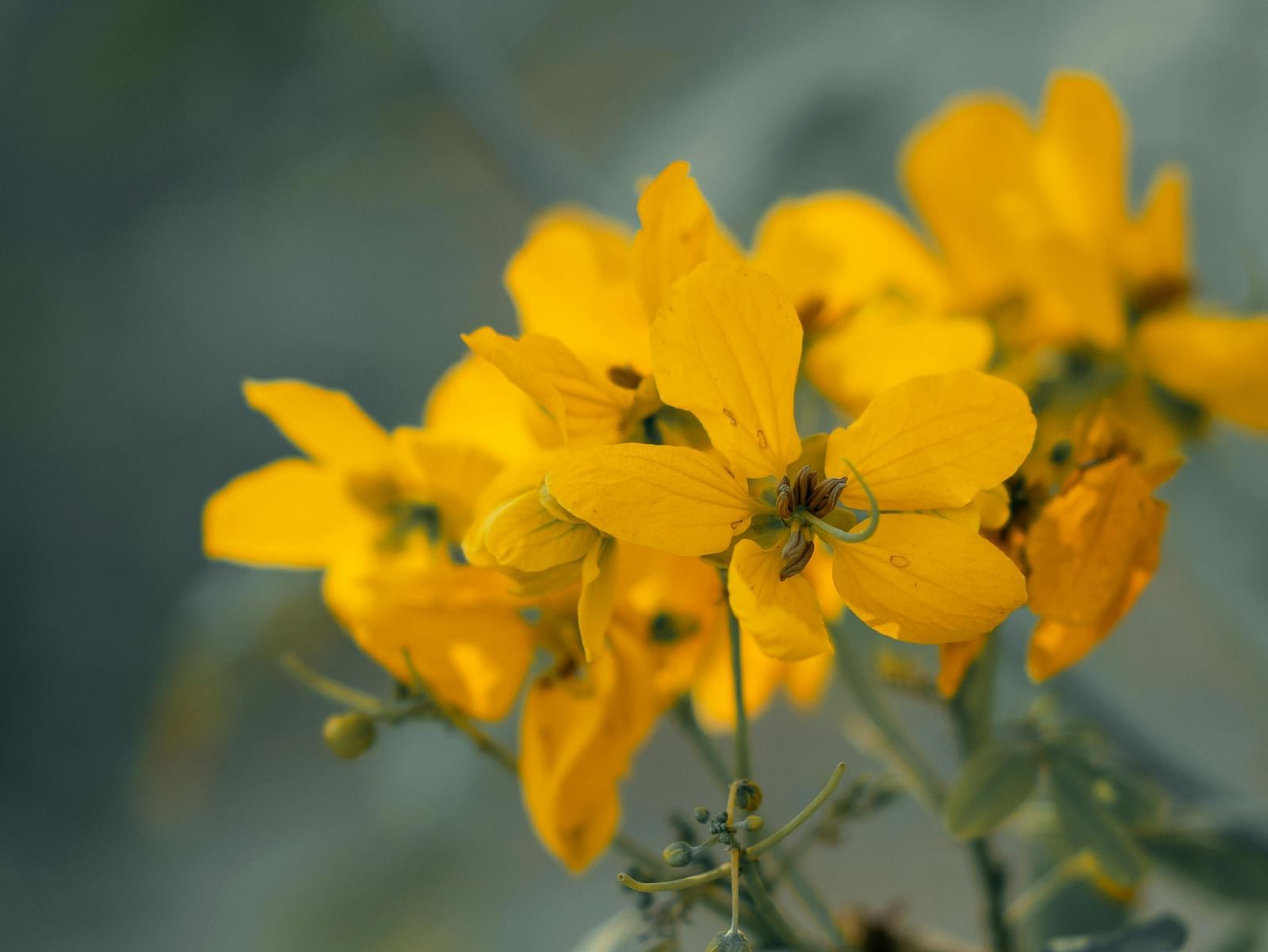
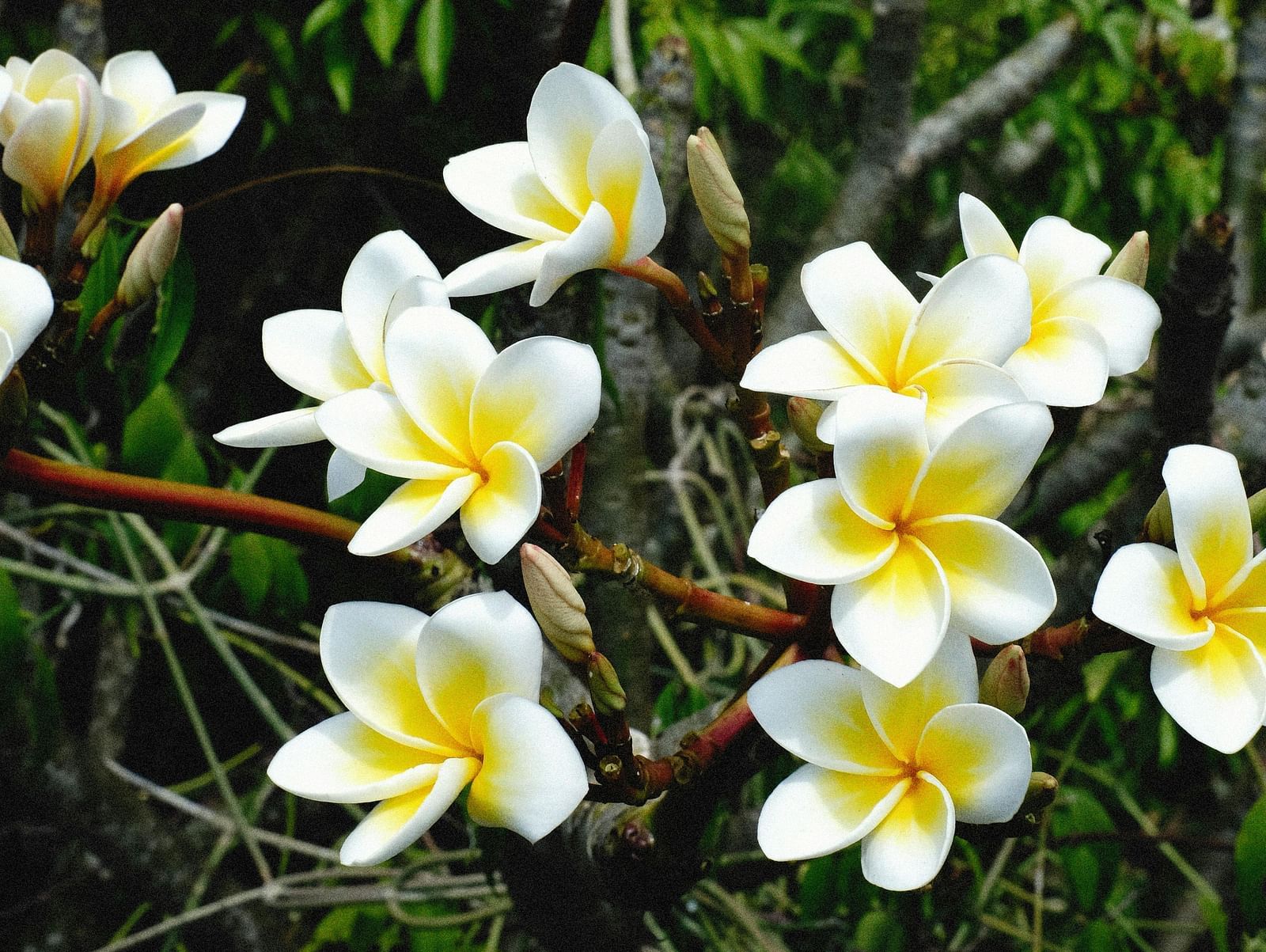
Chafa Tree
The Chafa tree, also known as frangipani or temple tree, is a small, deciduous tropical tree growing up to 8 metres tall. It is admired for its fleshy branches, waxy leaves, and fragrant clusters of flowers, which bloom at night to attract pollinators. Native to warmer climates, it is often grown as an ornamental plant. The tree is also associated with temples and religious ceremonies due to its symbolic significance.
Dypsis Pembana
Dypsis Pembana, commonly known as Pemba Palm, is a fast-growing, evergreen palm native to Pemba Island, Tanzania. It features dark green, arching leaves with a 'V' shape in cross-section. Mature palms develop a swollen trunk base, adding to their distinct appearance. Thriving in tropical climates, it requires rich, well-drained soil and regular watering. The palm is frost-tender and needs protection from harsh conditions.
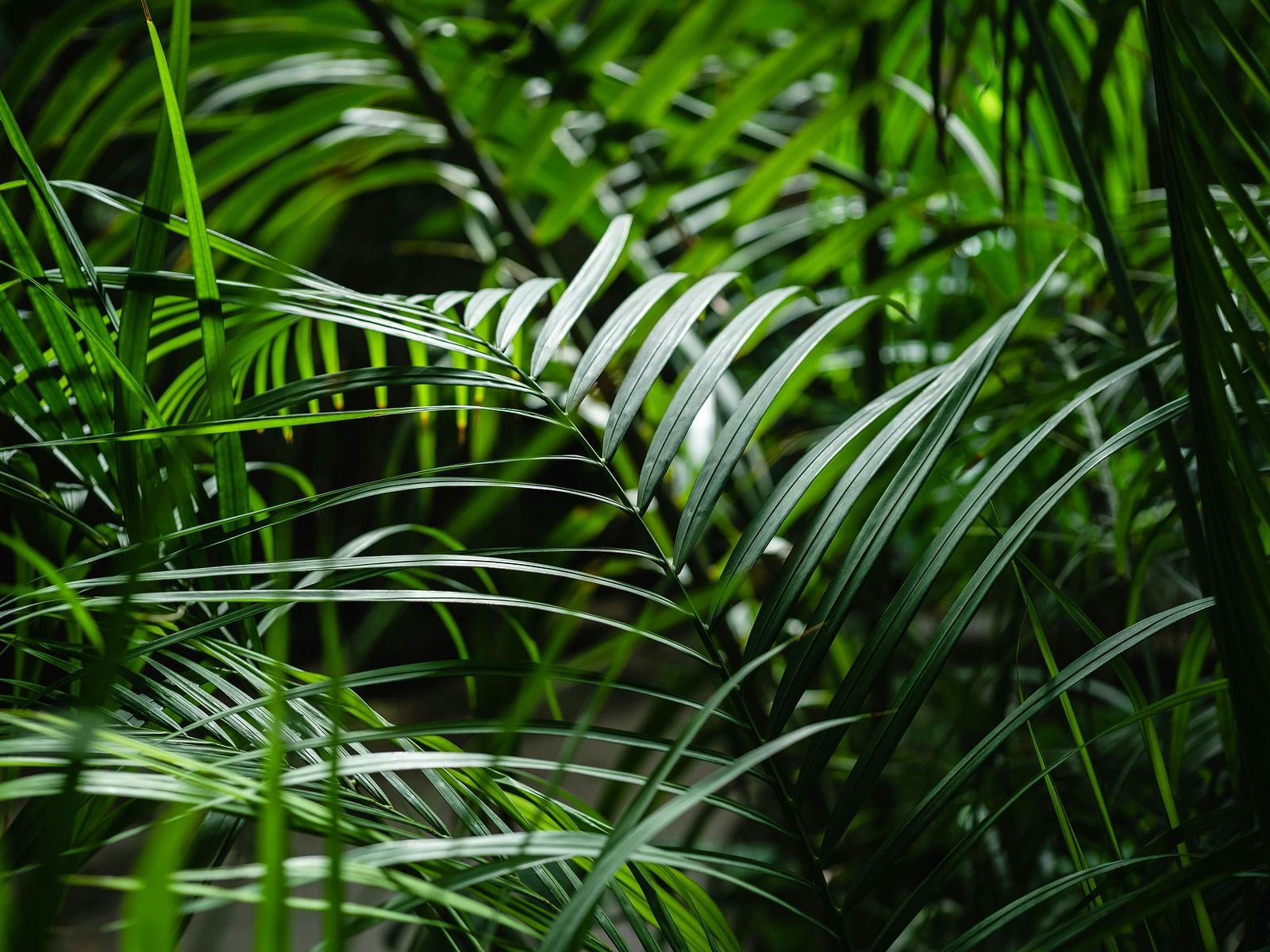
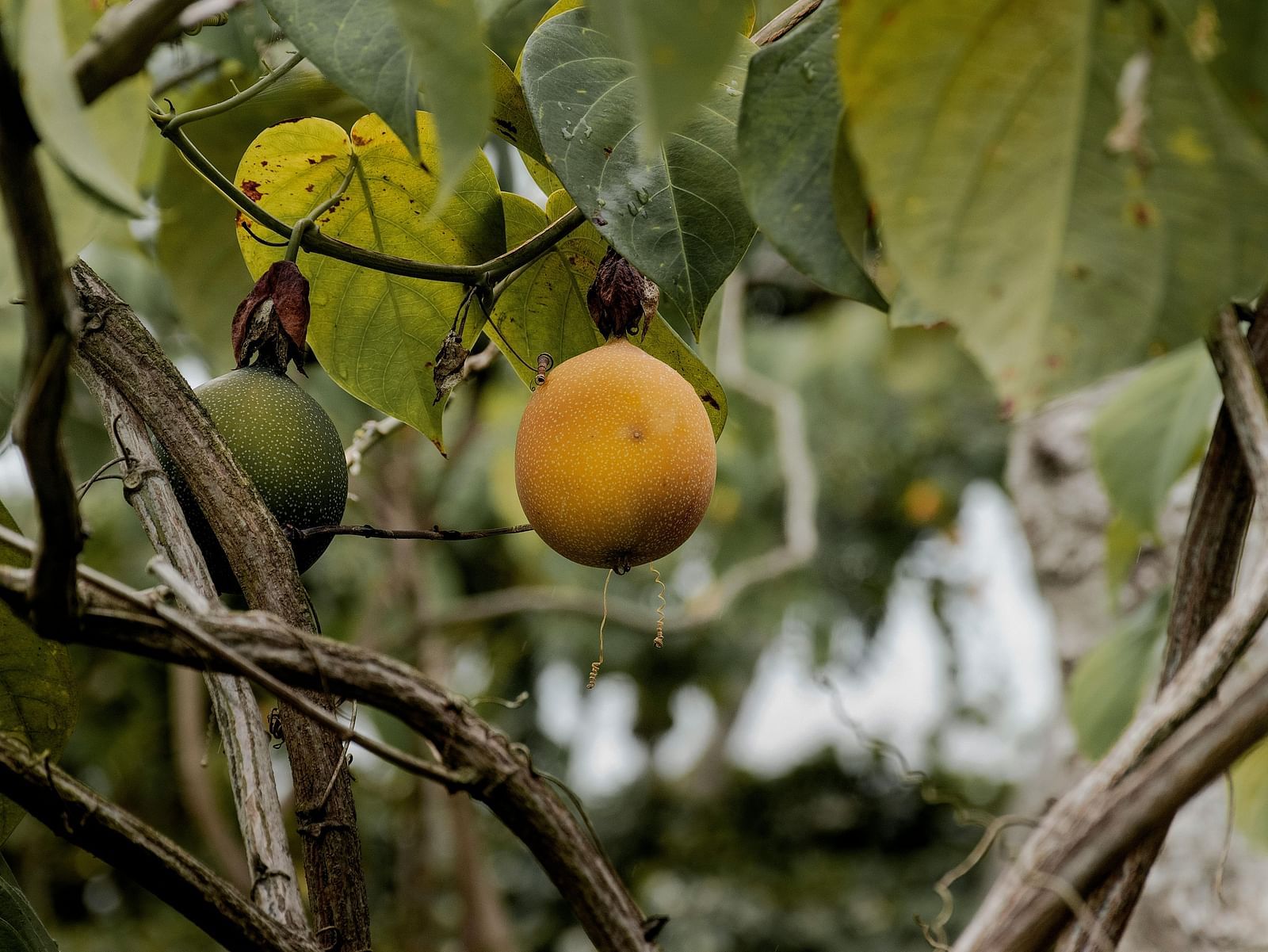
Fukugi Tree
The Fukugi tree is an evergreen species native to coastal forests of East and Southeast Asia. It grows between 6–20 metres tall, with thick, leathery leaves that turn from reddish-bronze to yellow-green. Its waxy coating gives the leaves a glossy finish. The wood is used in carpentry, while the fruit contains 1-4 seeds. It also has traditional medicinal uses for treating inflammatory conditions.
Indian Bay Leaf
Indian Bay Leaf, or tej patta, is an aromatic evergreen tree from the laurel family. It features lance-shaped, glossy leaves with a clove-like fragrance and a hint of pepper. Widely used in Indian cuisine, its leaves enhance the flavour of curries and rice dishes. The tree’s bark is also a source of cinnamon. It thrives in tropical and subtropical regions, including the Himalayas and Southeast Asia.
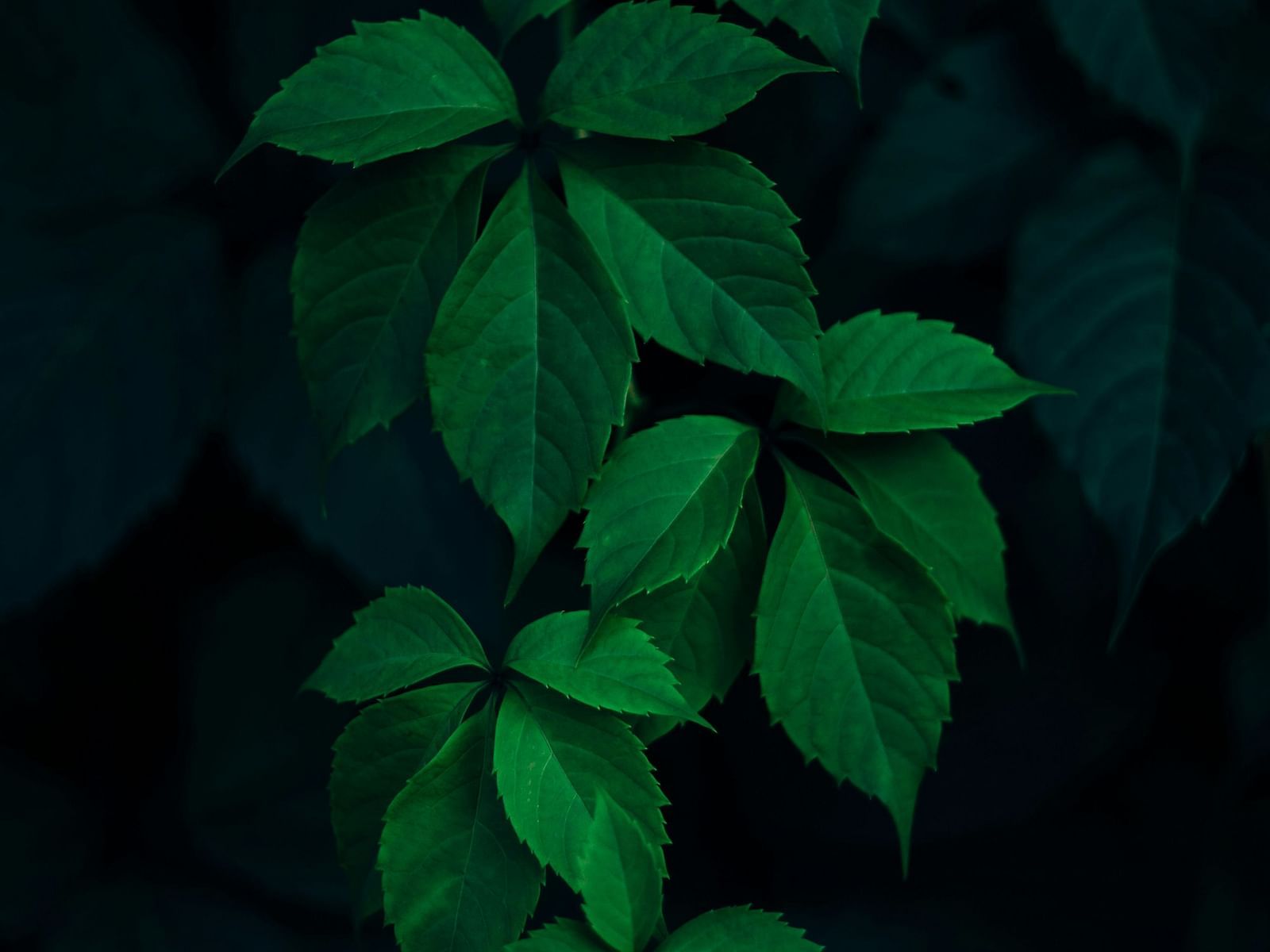
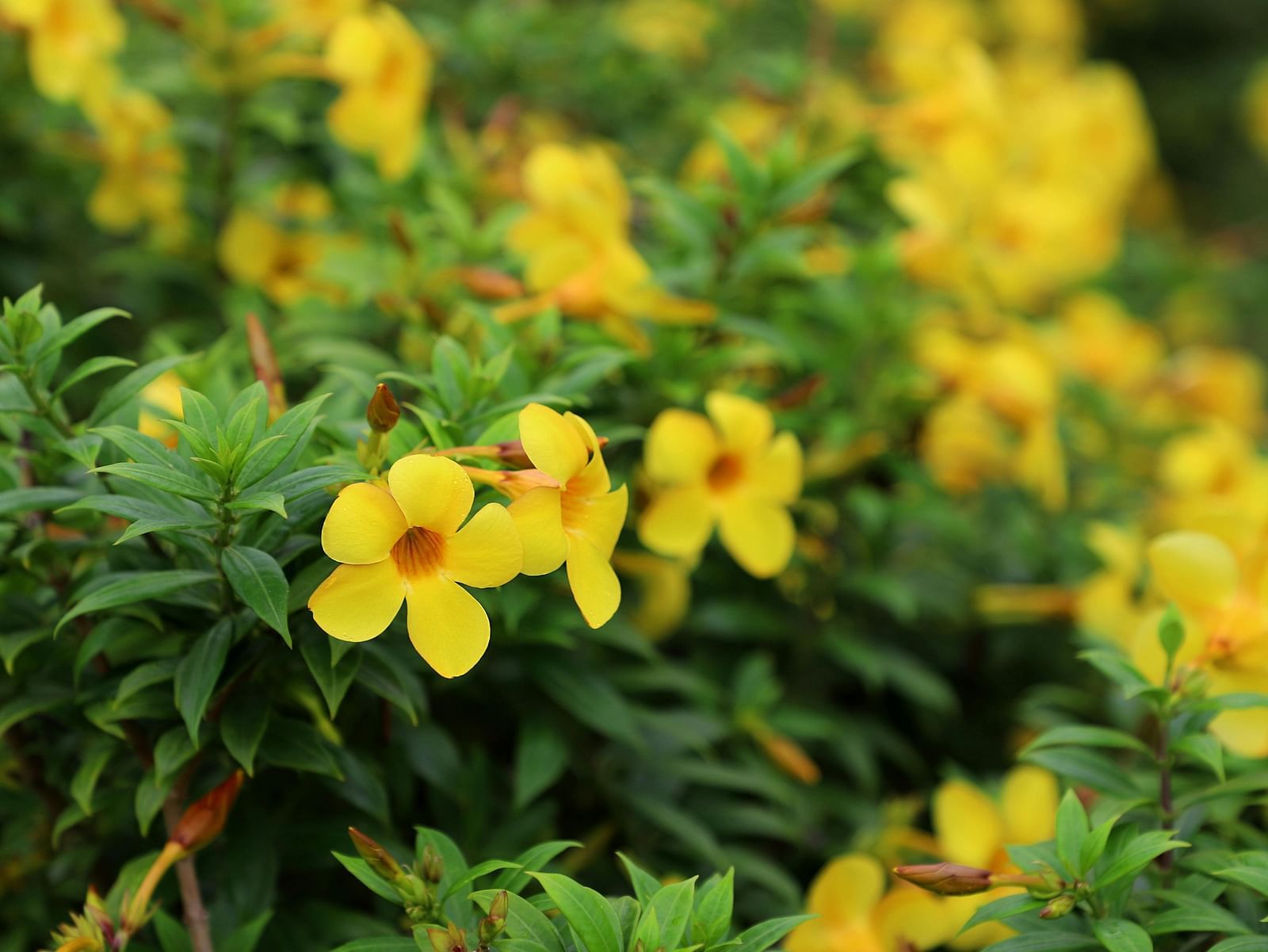
Allamanda Cathartica
Allamanda Cathartica, known as golden trumpet, is a tropical evergreen climber native to Brazil. It produces large, bright yellow, trumpet-shaped flowers that bloom in summer and autumn. The plant grows up to 15 feet but can be pruned into a compact shrub. Traditionally, it has been used to treat liver tumours, malaria, and jaundice. It thrives in warm climates with ample moisture and bright, indirect sunlight.
Coconut Palm
The Coconut Palm is a tropical tree known for its versatile fruit. It features a single, smooth trunk topped with a crown of large, feathery leaves. Thriving in humid, tropical regions, requires full sunlight and abundant rainfall. Coconuts are used for food, oil, and beverages, while the husk and shell are crafted into ropes, brushes, and jewellery. The tree takes 6–10 years to produce its first fruit.
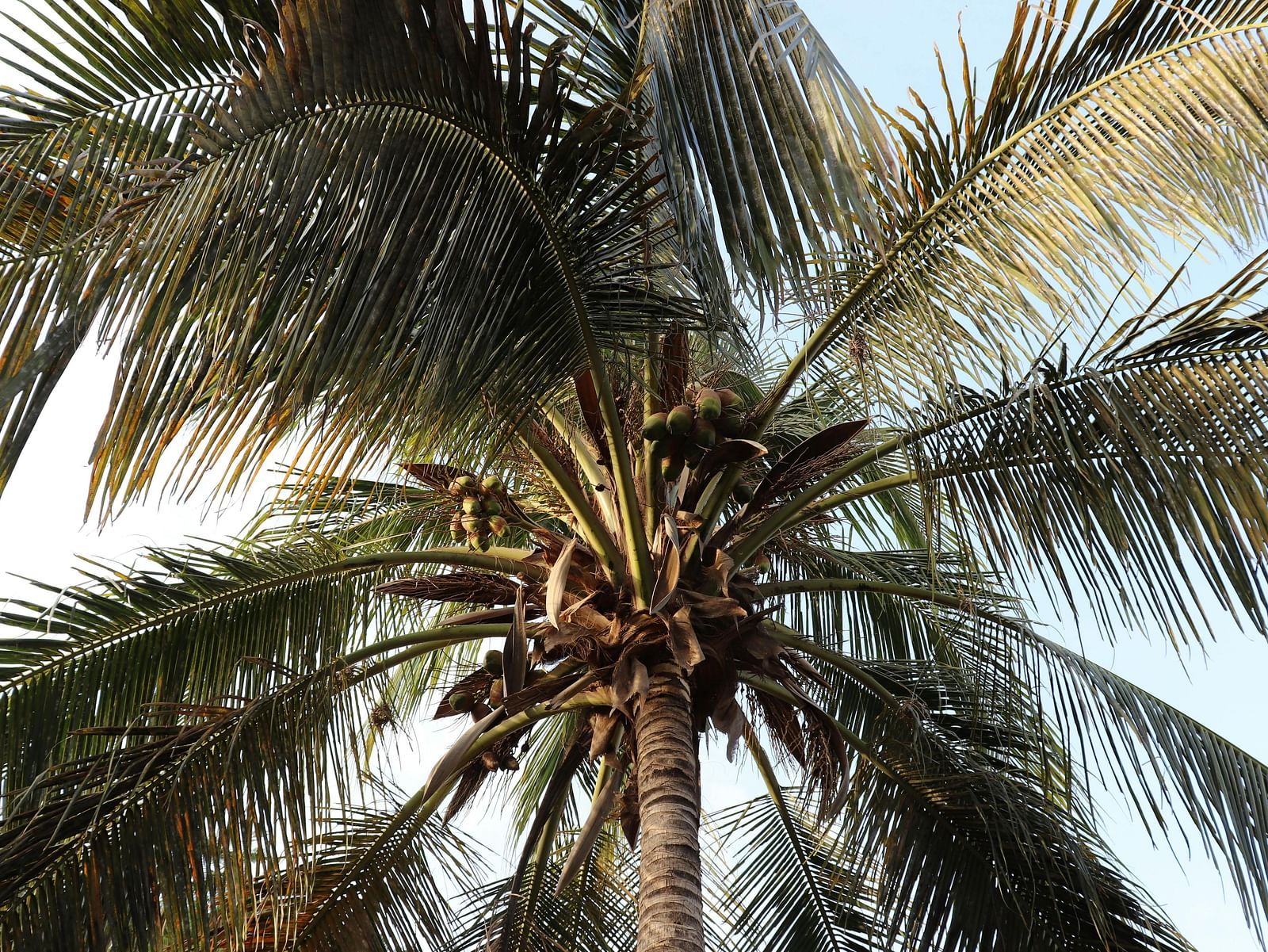
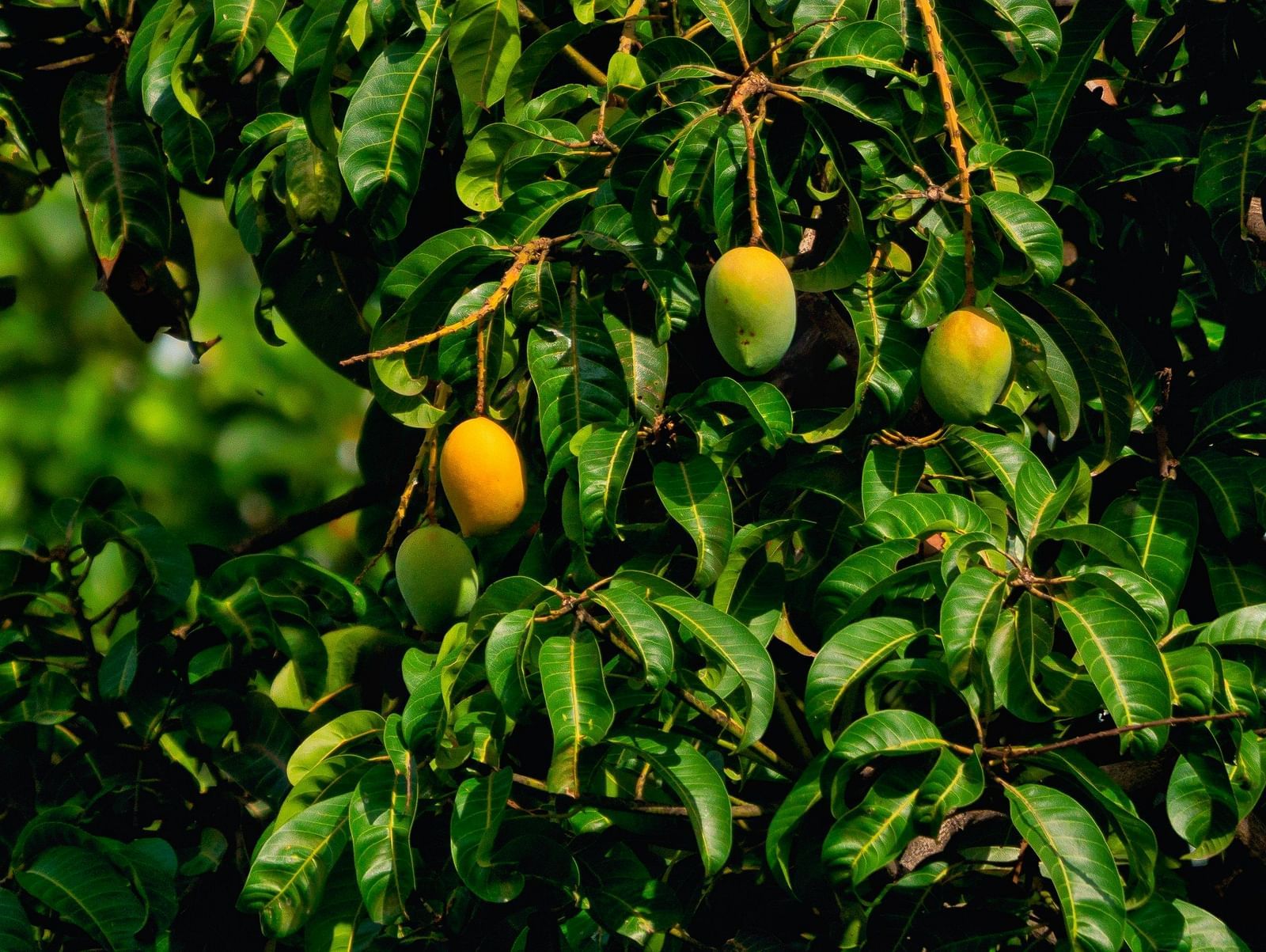
Mango Tree
The Mango tree is a large, evergreen species that produces the popular fruit. It features a dome-shaped crown, spirally arranged leaves, and dense foliage. The fruit is a large drupe with soft, yellow-orange flesh and a sweet aroma. Mangoes are rich in vitamins C and A, promoting gut health and boosting immunity. The tree, native to South Asia, thrives in warm climates with well-drained soil.
Breadfruit
Breadfruit is a round, green, spiky fruit related to jackfruit, native to Southeast Asia. It is rich in potassium and vitamin C. The fruit is cooked as a vegetable when unripe and eaten as is when ripe. Its tree produces large, glossy leaves and thrives in tropical climates. Breadfruit is also used to make flour, jams, and syrups, offering a nutritious alternative to local cuisines.
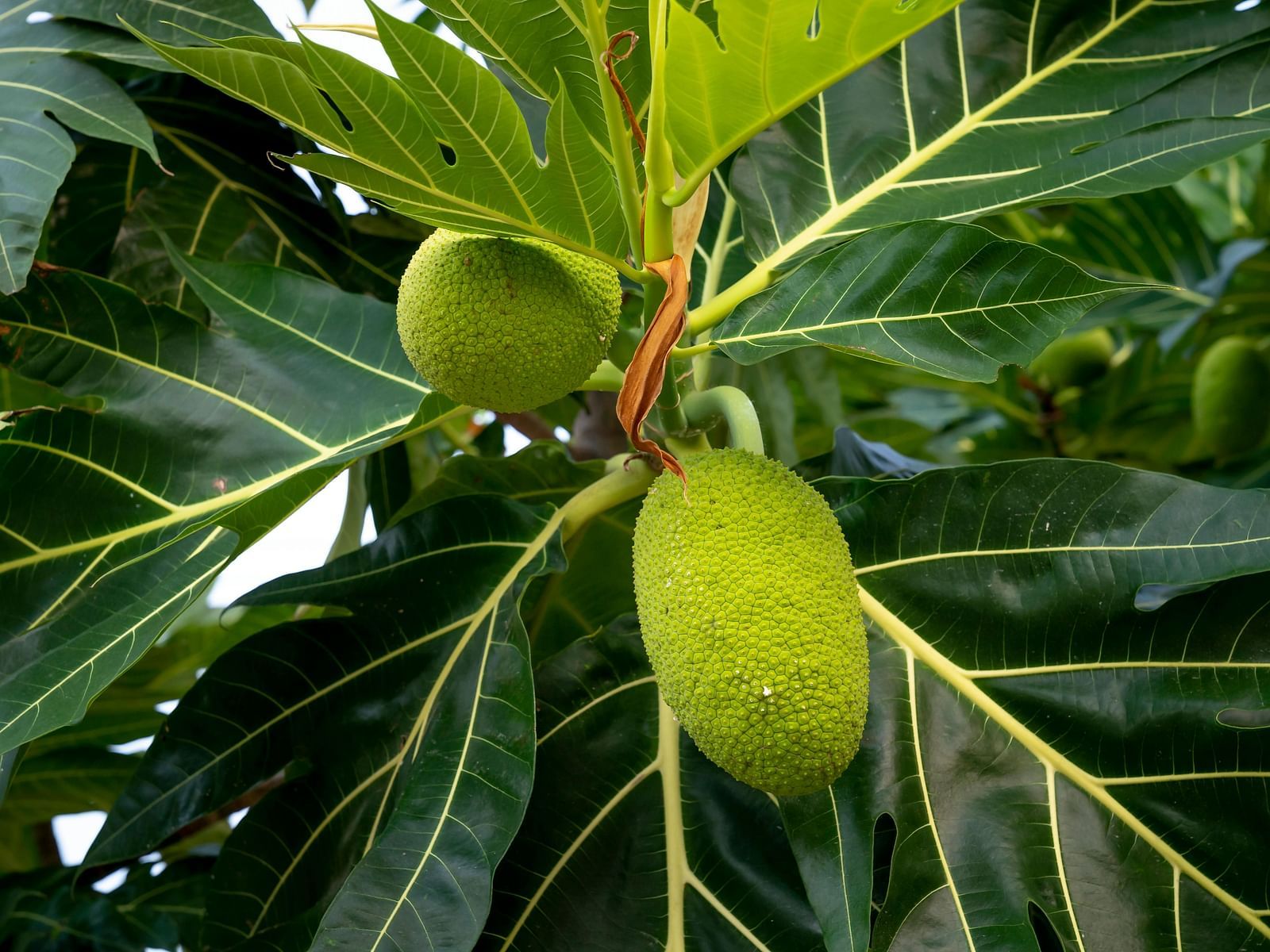
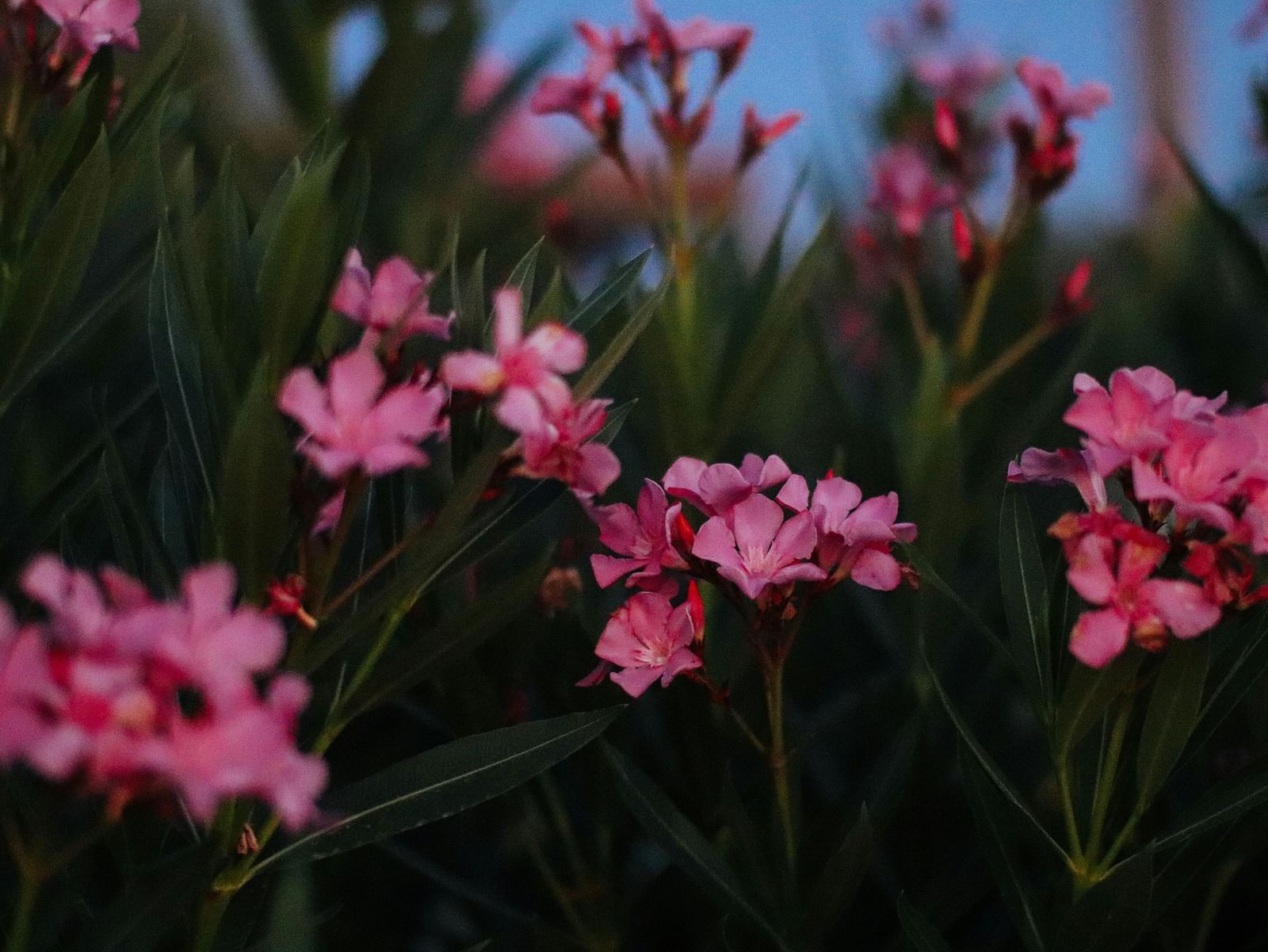
Nerium Oleander
Nerium Oleander is an evergreen shrub or small tree with fragrant, five-petaled flowers in pink, white, or yellow. Native to the Mediterranean and Asia, it thrives in dry, warm climates. Oleander is highly toxic, with all parts containing cardiac toxins. Despite its toxicity, it is cultivated as an ornamental plant for its drought tolerance and attractive flowers. In some regions, it has traditional medicinal uses.
Neem Tree
The Neem tree is a fast-growing, evergreen species known for its medicinal properties. Its leaves are pinnate with serrated edges, and its small, white flowers bloom in clusters. Native to the Indian subcontinent, neem is valued for its insecticidal and antifungal properties. Its oil and leaves are used in traditional medicine to treat skin conditions, infections, and inflammation.
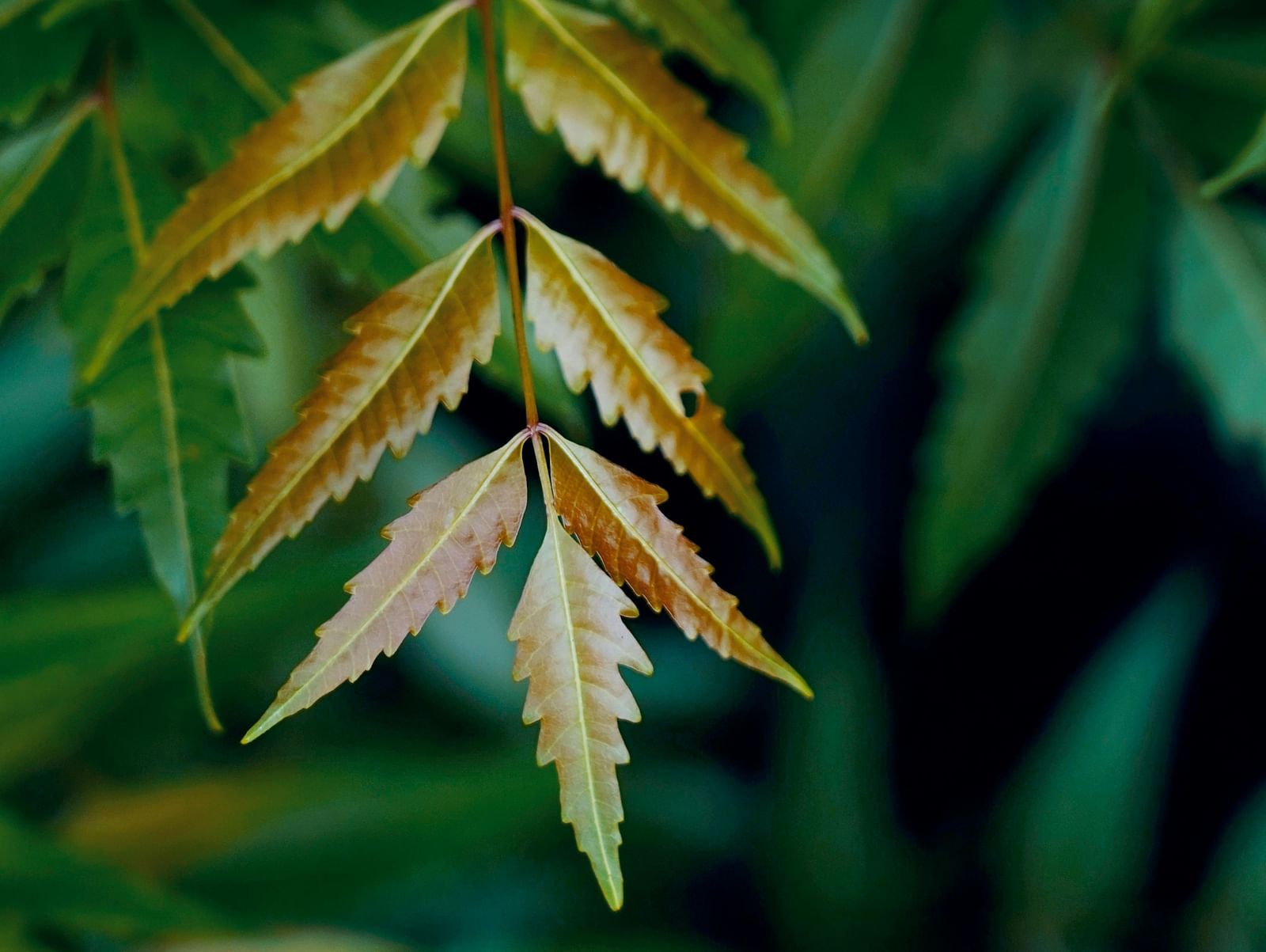
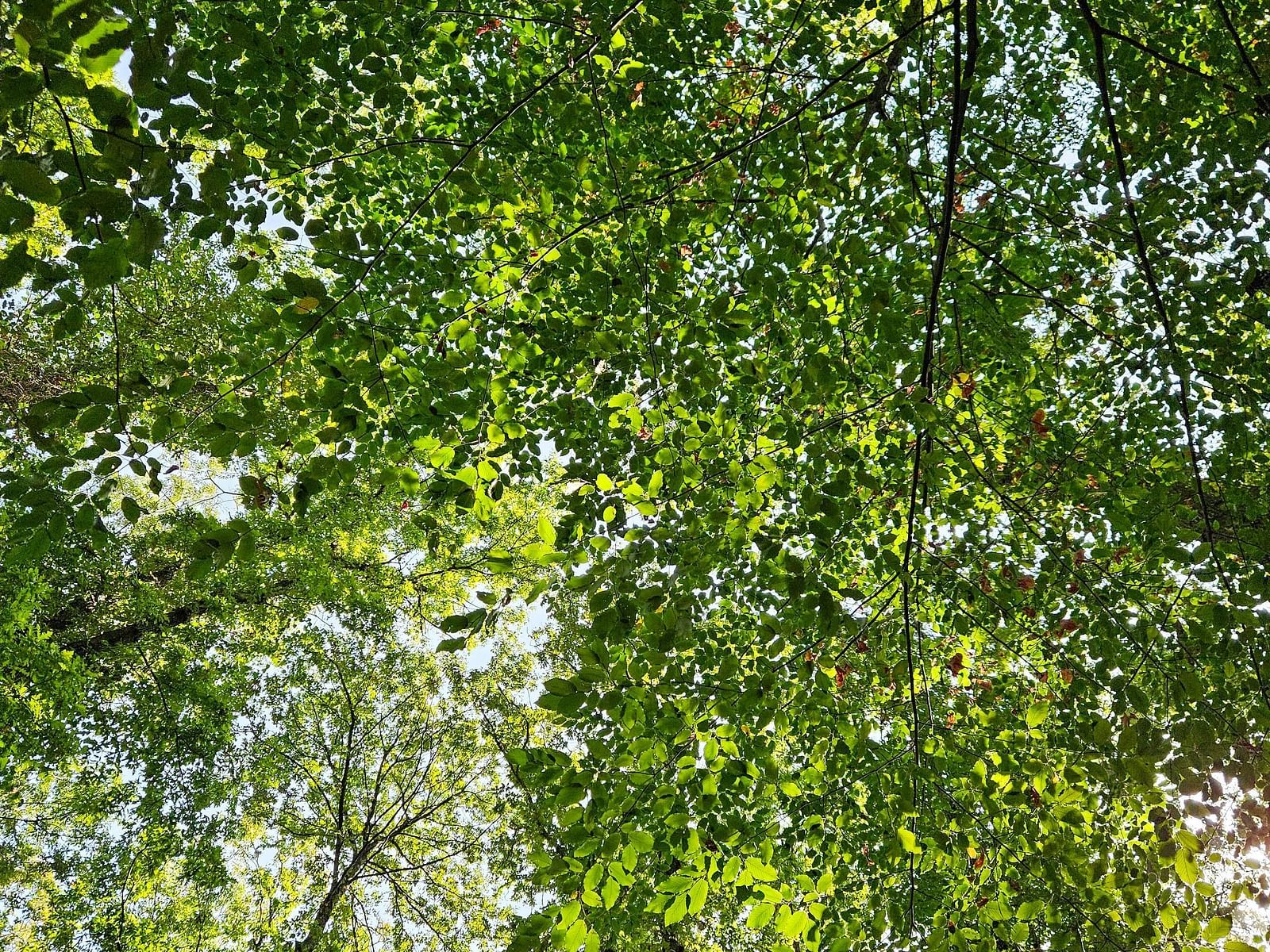
Aquilaria Malaccensis
Aquilaria Malaccensis, known as agarwood or eaglewood, is a tropical tree native to Southeast Asia. It produces a fragrant resin used in perfumes, incense, and traditional medicine. The tree can grow up to 40 metres tall and thrives in humid, tropical forests. Due to over-harvesting, it is listed as Critically Endangered. Its resin is highly prized, making it a valuable but threatened species.
